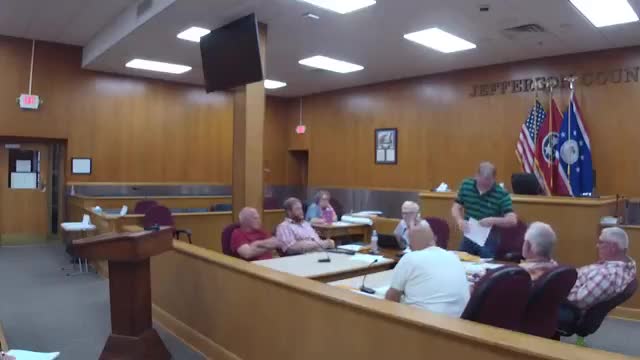Article not found
This article is no longer available. But don't worry—we've gathered other articles that discuss the same topic.

Planning commission continues review of proposed C‑3 commercial zone after broad debate on agricultural processing and limits
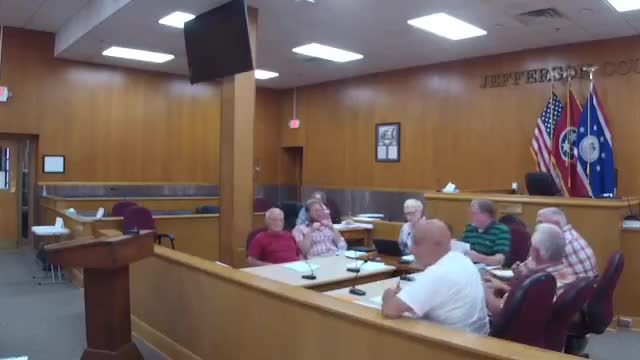
Public raises short‑term rental and digital zoning map concerns; commission says short‑term rental ordinance committee is working
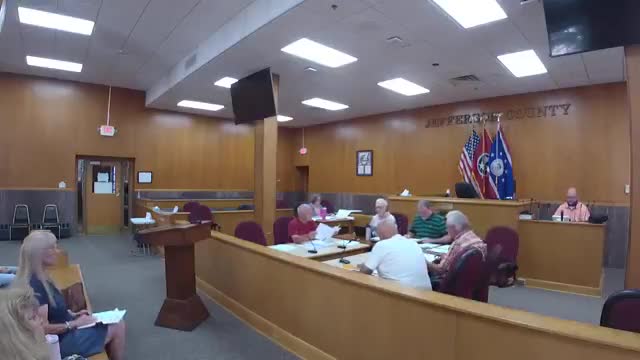
Commission grants two front‑setback variances for garage and new house sites
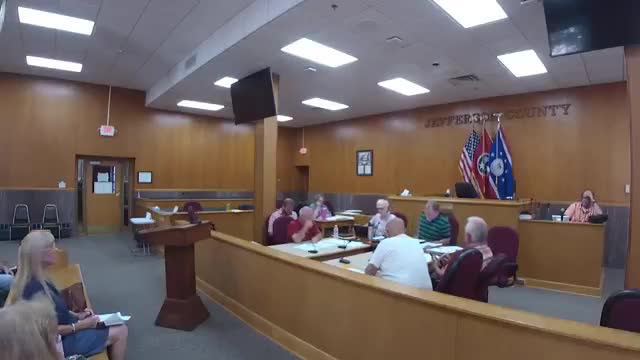
Commission finds indoor sports training facility allowed in C‑2 general commercial district
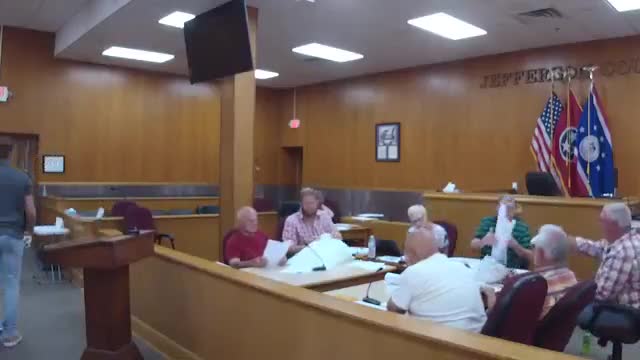
Highlander Center site plan approved contingent on architect's seal for rebuilding on prior footprint
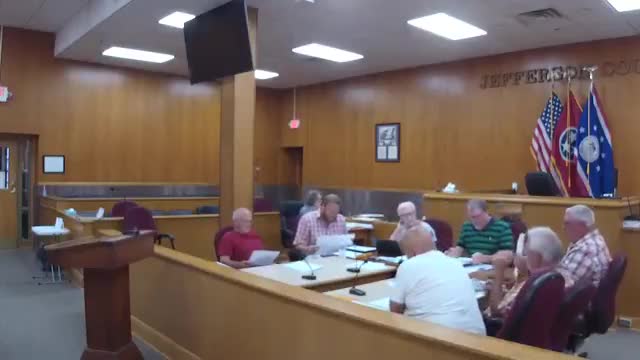
Commission approves Reed subdivision plat contingent on FEMA‑related notes, finished floor elevations and signature blocks
